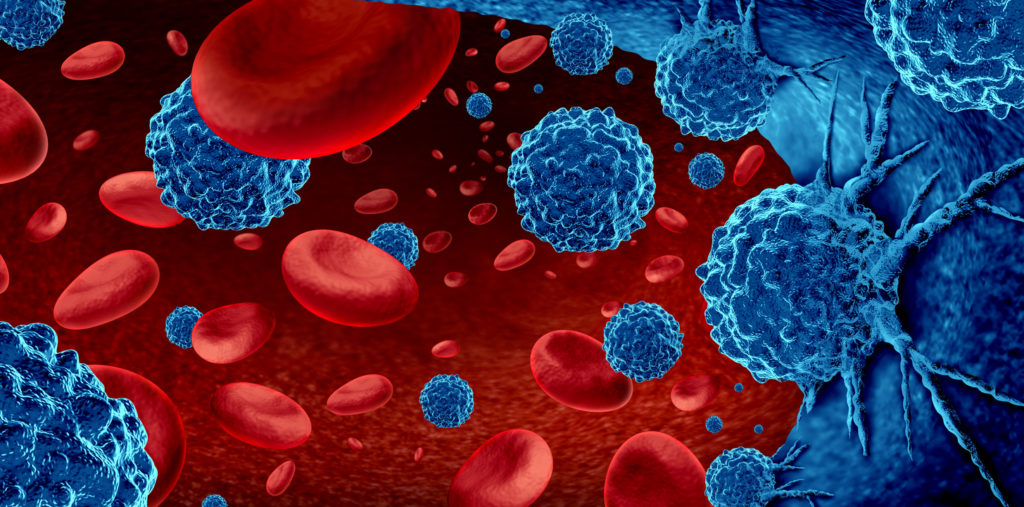APPIP ERROR: amazonproducts[
AccessDeniedAwsUsers|The Access Key Id AKIAJAJ37JVNL7OUU4CA is not enabled for accessing this version of Product Advertising API. Please migrate your credentials as referred here https://webservices.amazon.com/paapi5/documentation/migrating-your-product-advertising-api-account-from-your-aws-account.html.
]
Diagnostic Testing For Cancer Is Tricky-Particularly early stage Breast or Prostate cancer-
Written by a credible source, Gilbert Welch is a medical doctor and a professor at the Dartmouth Institute for Health Policy and Clinical Practice.
I found the book to be well-written, easy-to-read and key to my own understanding of the world of conventional oncology. I truly believe that this book has helped me maintain my 30 plus years of cancer survivorship.
The simple fact is that it is common to have pre-cancerous conditions, abnormal cells, in our bodies. The issue is whether or not those abnormal cells will cause harm…much less kill you. Diagnostic Testing For Cancer or for abnormal cells can cause harm. Treating abnormal cells can cause harm.
What are the most common forms of pre-cancer?
Pre-cancerous conditions are abnormal changes in cells-
- Actinic keratosis: This condition is characterized by rough, scaly patches on the skin caused by excessive sun exposure. If left untreated, it can progress to squamous cell carcinoma.
- Dysplasia: Dysplasia refers to abnormal changes in cells or tissues that may indicate an increased risk of developing cancer. It can occur in various organs, including the cervix, esophagus, and colon.
- Lentigo maligna: This is a type of pre-cancerous lesion that appears on sun-exposed areas of the skin, particularly in older individuals. If left untreated, it can develop into melanoma.
- Leukoplakia: Leukoplakia is characterized by thickened, white patches that can develop on the gums, tongue, or inside of the cheeks. While most cases are benign, some may progress to oral cancer.
I am both a cancer survivor and cancer coach. I’m currently working with a 92 year old man who has lived with MGUS, a pre-cancer stage for multiple myeloma, for the past 8 years. Mark, not his real name, is beside himself with worry about progressing to frank multiple myeloma.
Mark undergoes diagnostic testing every three months.
Diagnostic Testing for cancer, especially for elderly patients is a solution looking for a problem. I liken it to a dog chasing a car. What would the dog do if he/she caught the car? What does the elderly patient do if he/she discovers cancer?
Have you been diagnosed with pre-cancer or early stage cancer such as DCIS or non-melanoma skin cancer? If you are interested in non-conventional therapies to treat pre-cancer send me an email- David.PeopleBeatingCancer@gmail.com
David Emerson
- Cancer Survivor
- Cancer Coach
- Director PeopleBeatingCancer
Recommended Reading:

For decades, the American Cancer Society and others have relentlessly campaigned for early cancer detection. And the campaign has been successful – the Journal of the American Medical Association recently reported that only 2% of Americans felt that there are too many cancer-screening tests. Despite this enthusiasm, expert panels of physicians and scientists, after careful reviews of the evidence, do not always endorse screening. Facing these conflicts can be distressing, particularly when confronting issues as serious as cancer.
This book offers insights that clarify the issues for patients and physicians alike. As the subtitle suggests, Welch is skeptical about screening, and his text challenges the establishment. However, Welch is not a medical outsider. He is a practicing physician, a Professor at the Dartmouth Medical School, the former editor of a medical journal, and a researcher who has helped reshape professional thinking in articles in the New England Journal of Medicine, Journal of the American Medical Association, Annals of Internal Medicine, and other key medical journals. Using the traditional medical literature, Welch raises some very challenging questions for anyone considering cancer screening.
Welch’s book provides the reader with a new way to think about testing. He tells how cancer tests may identify disease for which there is no effective treatment, or for which the consequences of treatment are worse than the consequences of the disease. Welch explains why it may sometimes be better not to know you have cancer. In fact, many of us have conditions that will never affect us.Read more ›
“While such vigilant tracking of cancer is a good thing in general, researchers are increasingly questioning whether all of this testing is necessary for the elderly. Depending on a person’s health status and remaining life expectancy at age 75, screening to pick up emerging new cancers, which could take decades to grow, may not be of much benefit…”




